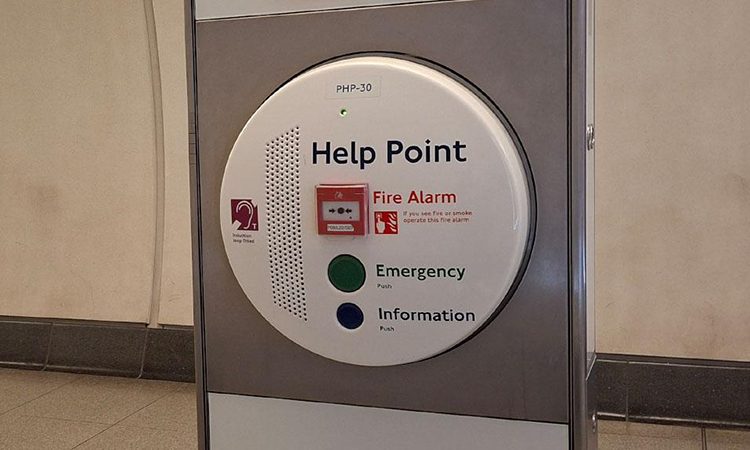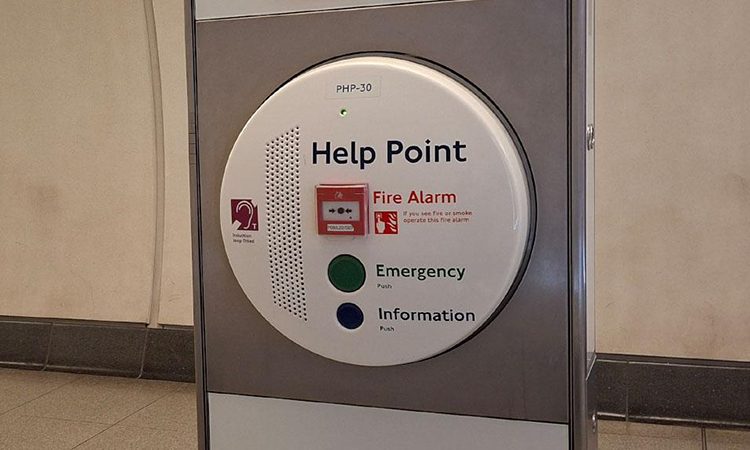Rail operators urged to improve management of passenger help points, says ORR

The Office of Rail and Road has urged rail operators to improve the reliability and monitoring of passenger help points, following a report revealing service quality issues, especially at stations in England.

Credit: Office of Rail and Road
The Office of Rail and Road (ORR) has unveiled that operators need to make significant improvements in the management and monitoring of passenger help points at stations, following a report that highlights ongoing issues with service reliability, particularly in England.
Help points, which provide passengers with the ability to contact station staff for assistance, are found at 83% of stations across the Great Britain rail network. These points are most commonly used to inquire about train schedules but are also essential for requesting passenger assistance or reporting emergencies. For stations that are unstaffed or partially staffed, 325 stations offer an alternative communication option through a freephone number.
ORR conducted a review of data from 21 station operators, covering over 2,500 stations across Britain, along with service quality audits by the Department for Transport (DfT) and Transport Scotland.
Key findings
The report revealed several areas in need of improvement, including:
- Reliability issues: A quarter of the stations audited by the DfT between April 2023 and August 2024 had at least one help point found to be non-operational during inspections
- Inconsistent testing procedures: Operators displayed significant variation in how they test the functionality of help points, which raises concerns that some problems may not be identified or addressed promptly
- Mobile coverage concerns: The reliability of help points and freephone services could be compromised in remote areas with poor mobile network coverage
- Lack of data utilisation: Not all operators are collecting or analysing data from help point calls, which hinders their ability to assess service quality or understand the specific needs of passengers using the service.
Regulatory recommendations
In response to these findings, the ORR has called on station operators to review their monitoring practices and improve the availability of help points. The regulator has also advised operators to carry out risk assessments for unstaffed or partially staffed stations that depend on mobile phone coverage for communication services. Additionally, ORR stressed the importance of timely plans for the switch-off of the landline network (PSTN) by 2027 to ensure continuity of service for passengers.
The Office of Rail and Road will follow up in early 2025 to assess the actions taken by operators to address these issues.
Stephanie Tobyn, ORR’s Director of Strategy, Policy and Reform, said: “Help points can provide an important backup for passengers seeking journey information, assistance, or a way to report emergencies. Without regular inspection, maintenance, and an understanding of the purpose and frequency of usage, help points will not meet passenger expectations or support train and station operators in driving broader customer service improvement.”






